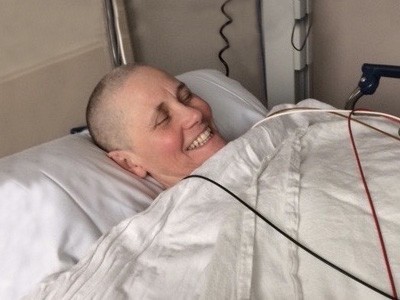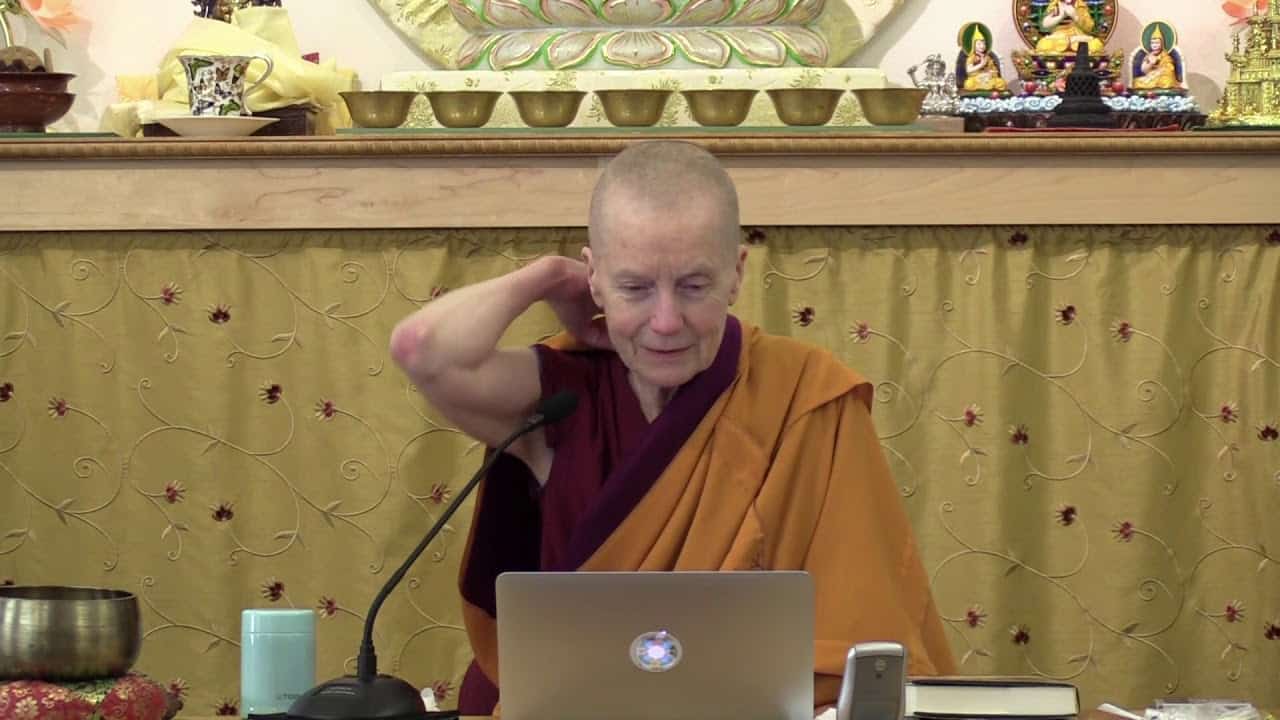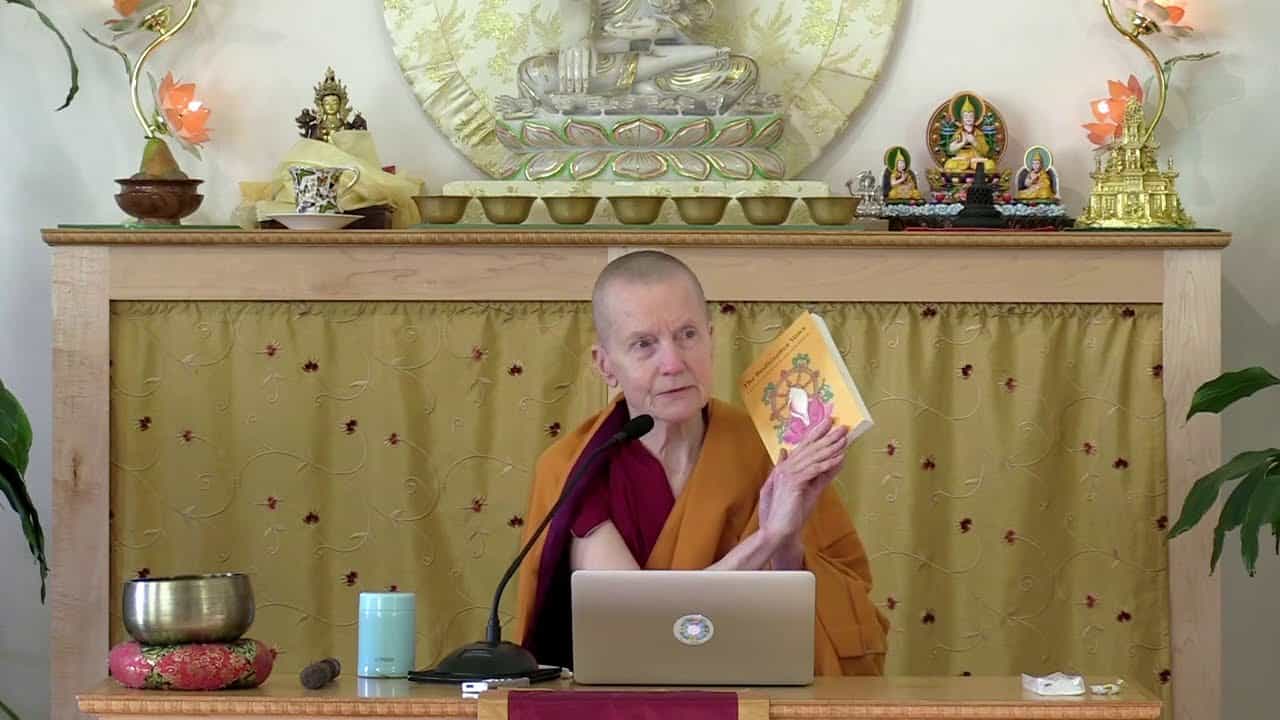Parts repairs and gratitude
Parts repairs and gratitude

In recent weeks I’ve met the truth of aging through a cluster of body breakdowns. Within the last month I’ve had a specialized root canal, a catheter heart ablation, and cataract surgery in one eye. The next eye follows in December.
None of these conditions is life-threatening, although some are distinctly life-affecting. But no surprise. This body vehicle has racked up many miles. I liken this experience to taking an old car in for repairs. Some parts can be tuned up, while others need to be replaced.
Each of these procedures is relatively minor as health repairs go, and I’ve had only mild discomfort and inconvenience. I am grateful to view this all through the lens of Buddha’s Dharma.
Gratitude
Gratitude has been my overriding response. I am awash in overwhelming kindness from the Abbey community and friends and from the healthcare teams at the various offices, hospitals, and clinics. (Because unlike auto repairs, every worn-out human part requires a team of specialists.)
I could go on for pages describing incidents of competent care and kindness, but this tiny episode in the sci-fi-inspired operating room for the heart ablation is a good illustration.
Entering that room is like boarding a star ship. It’s huge, like a warehouse, gleaming white, and filled with giant TV screens and a doughnut-shaped monument to something. (I’m sure someone knows what that thing is). A couple of nurses helped me lie flat on a metal table pointing out that the thin pad beneath me was actually an electric blanket. (Huh?)
Speedily, a horde of good-humored masked technicians swarmed to place electric paddles all over my torso. A voice above my head joked, “Here’s your pit crew.” I burst out laughing, suddenly flooded with gratitude for the crew and the joke. I’ve endured a few stock car races, and in light of my new parts analogy, it struck me as really funny.
“At least if I die, I’ll go out laughing,” I thought, then quickly remembered to take refuge and generate bodhicitta before the anesthesia took me out. In that instant, I especially wanted to repay the kindness of the jolly masked strangers around me.
The next thing I knew, I was waking to kind encouragement from another pair of nurses and Venerable Jampa. And still smiling. I pray to be able to repeat that sequence—with or without the external help—when I pass from this life to the next one.
Kindness of others
Reflecting on the kindness of others has become a cornerstone of my Dharma practice. The purpose of that meditation is to learn to see living beings as loveable. On that basis we grow love and compassion until we genuinely, spontaneously wish to free every single being from cyclic existence. Way before that beautiful result, however, the meditation helps us to meet life’s situations with a more open heart.
The traditional meditation outline leads us through reflecting on the kindness of parents, family, friends, teachers, and even enemies. We think about the benefits received from the network of strangers who provide our food, clothing, houses, roads—everything. Yet, in a big oversight, I’ve rarely spent time exploring the kindness of the healthcare system and workers who have kept me alive all these years.
Think about it! I’m astonished by the kindness of the doctors, nurses, technicians, and others embedded in a massive support network. Think of the years of study and training, the decades of research and development for each type of procedure, the hospitals and clinics and healthcare systems, the necessary instruments and equipment right down to the post-IV Band-Aid—not to mention Medicare! All these causes and conditions came together at just the right moment to repair or replace my aging parts.
Running on kindness
This world right now, this very minute, is running on kindness. Yes, confusion, hatred, greed and all the other mental poisons also exist in people’s minds, sometimes in doses so large it’s hard to believe kindness is there. But it is. Kindness is in the heart of every being, and we all respond favorably to it. His Holiness the Dalai Lama uses this fact to help prove that kindness really is our nature.
In my own recent journey, everything I experienced is solely dependent on more living beings than I can count. The kind activities of healthcare workers go on continually, while most of us are unaware, engrossed in our own pursuits. I am humbled by their dedication and generosity. I now have a wider view of how each of us truly is dependent on everyone else—not just in healthcare but in every tiny aspect of our lives.
My experience of repairing and replacing aging parts offers so much meditative possibility! Reflection on impermanence for example, and dependent arising. Or how these parts are simply part of the collection upon which I impute me and mine.
My heart, by the way, has ceased its funky syncopated rhythms. And I think how fortunate it is to be aging in this time when so many human body parts really are replaceable! That, too, is due to the kindness of others.
Living and someday dying through the lens of the Dharma, we steadily progress along the path.
More about the kindness of others
Watch: Venerable Thubten Chodron teaches on the kindness of others.
Listen: Venerable Sangye Khadro guides a meditation on the kindness of others.
Browse: Abbey monastics give numerous short talks and long teachings on the kindness of others
Venerable Thubten Chonyi
Ven. Thubten Chonyi is a nun in the Tibetan Buddhist tradition. She has studied with Sravasti Abbey founder and abbess Ven. Thubten Chodron since 1996. She lives and trains at the Abbey, where she received novice ordination in 2008. She took full ordination at Fo Guang Shan in Taiwan in 2011. Ven. Chonyi regularly teaches Buddhism and meditation at the Unitarian Universalist Church of Spokane and, occasionally, in other locations as well.


